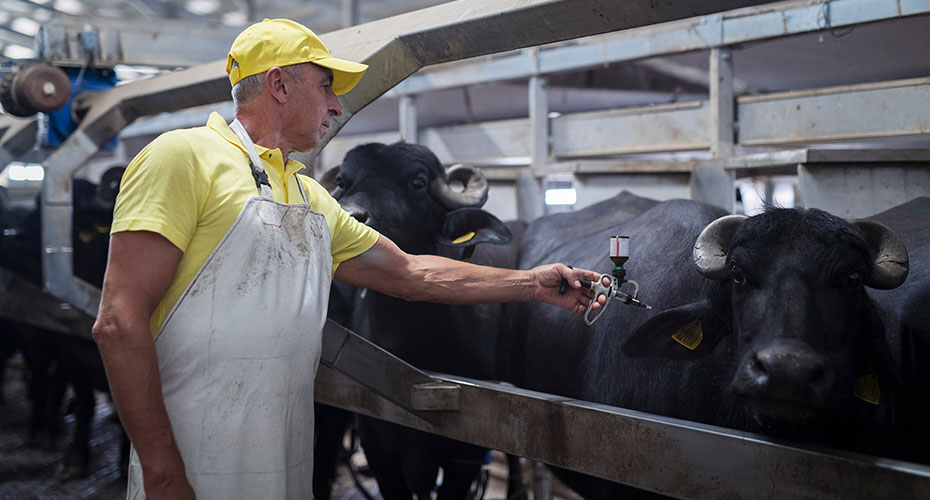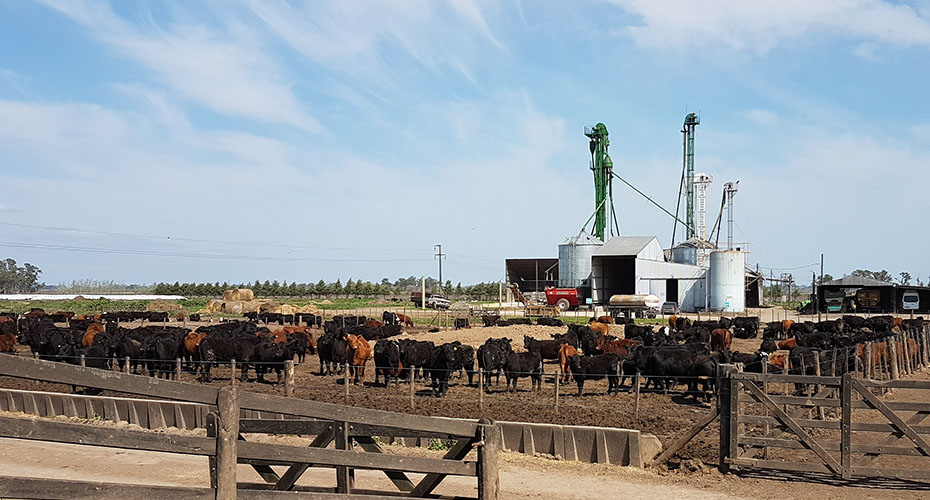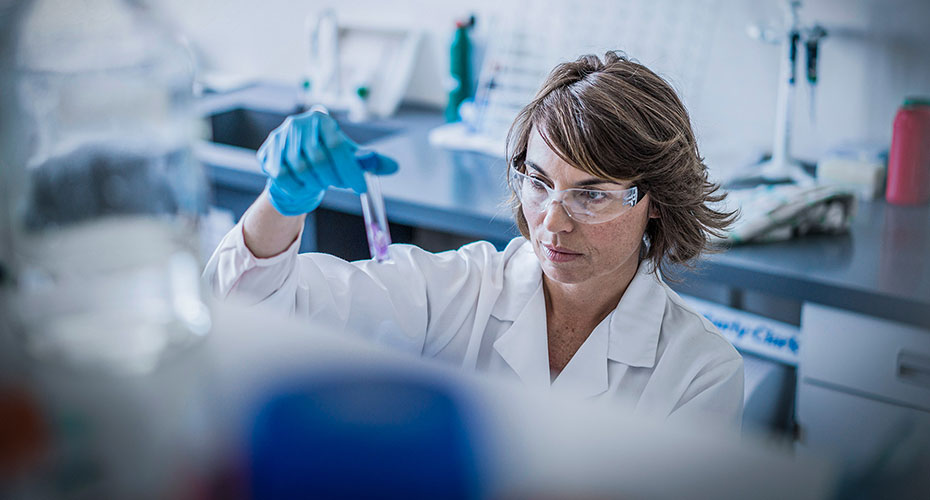Dr Jehangir Cama
Dr Jehangir Cama is a biophysicist specialising in the development of microfluidic techniques for quantitative biology and biosensing. His expertise focuses on assay development for antibiotic research, focusing on novel techniques to facilitate the rational design of next-generation antibiotics. As well as this, Jehangir is interested in the application of biomedical research to policy and industry.
He jointly initiated and led the development of a strategic partnership agreement between the University of Exeter and the Medicines Discovery Catapult to facilitate the clinical translation of biomedical research. Also fostering interdisciplinary partnerships across the academic, charity and development sectors to tackle the policy aspects of antimicrobial resistance.












